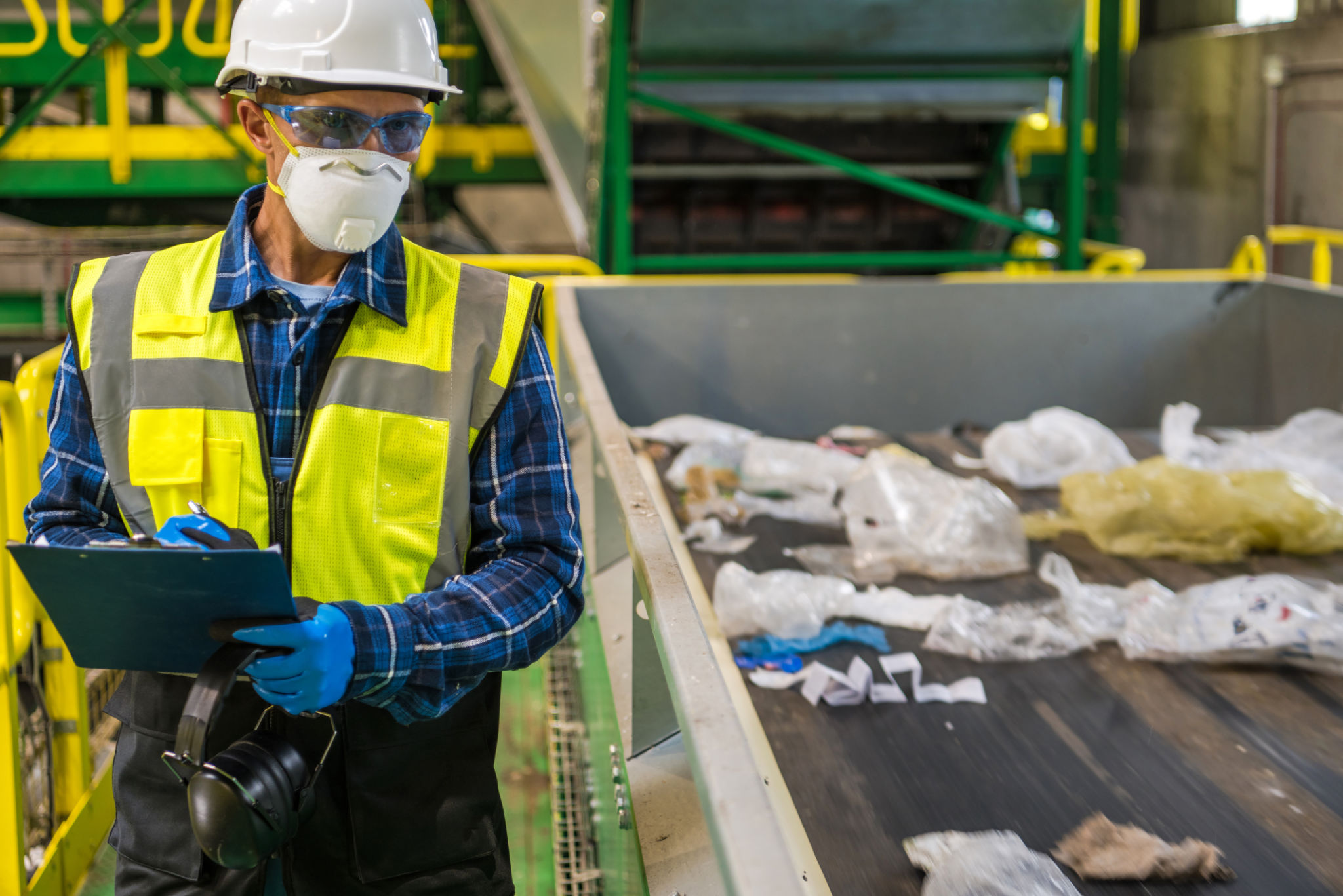A Comprehensive Guide to Hazardous Waste Permits in the Philippines
Understanding Hazardous Waste Permits
In the Philippines, managing hazardous waste is crucial for protecting public health and the environment. A hazardous waste permit is a legal requirement for businesses that generate, transport, or dispose of hazardous waste. These permits ensure that waste is handled safely and in compliance with regulatory standards.

The Importance of Compliance
Compliance with hazardous waste regulations is essential for businesses. Non-compliance can lead to severe penalties, including fines and legal action. More importantly, proper waste management helps prevent environmental degradation and health risks associated with improper disposal.
Types of Hazardous Waste Permits
There are several types of permits related to hazardous waste in the Philippines:
- Generator's Permit: Required for businesses that produce hazardous waste.
- Transporter’s Permit: Necessary for companies that transport hazardous waste.
- TSD Facility Permit: For facilities involved in the treatment, storage, and disposal of hazardous waste.
Steps to Obtain a Hazardous Waste Permit
The process of obtaining a hazardous waste permit involves several steps. Understanding these steps can help businesses navigate the regulatory landscape more efficiently.

Application Process
The first step is to determine which type of permit your business requires. Next, prepare the necessary documentation, which typically includes a detailed description of the waste generated, methods of handling, and safety measures implemented. Submit the application to the Environmental Management Bureau (EMB) of the Department of Environment and Natural Resources (DENR).
Inspection and Approval
Once the application is submitted, the EMB will conduct an inspection to ensure compliance with safety and environmental standards. If the application meets all requirements, the EMB will issue the permit. This process may take several weeks, so it is advisable to apply well in advance of when the permit is needed.

Maintaining Compliance
After obtaining a hazardous waste permit, businesses must maintain compliance by adhering to all regulations. This includes regular reporting to the EMB, proper labeling and storage of waste, and ensuring that all employees are trained in handling hazardous materials safely.
Renewal and Updates
Permits are not indefinite; they require periodic renewal. Businesses must keep track of expiration dates and apply for renewal in a timely manner. Any changes in operations that affect hazardous waste management must be reported to the EMB to update the permit if necessary.
By understanding the requirements and maintaining compliance with hazardous waste permits, businesses can contribute to a safer and cleaner environment while avoiding legal issues and potential fines.
